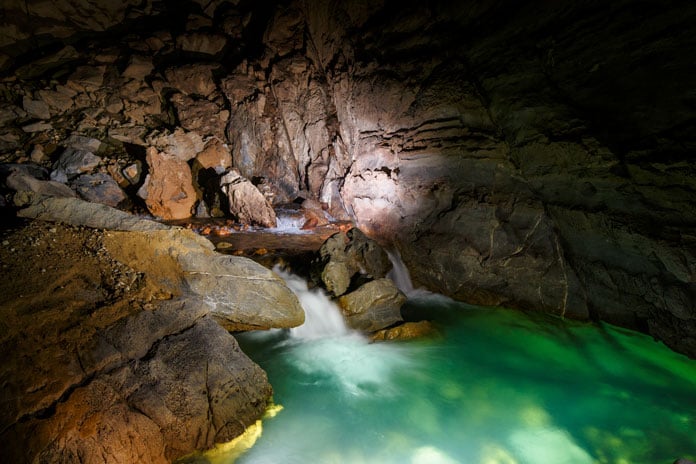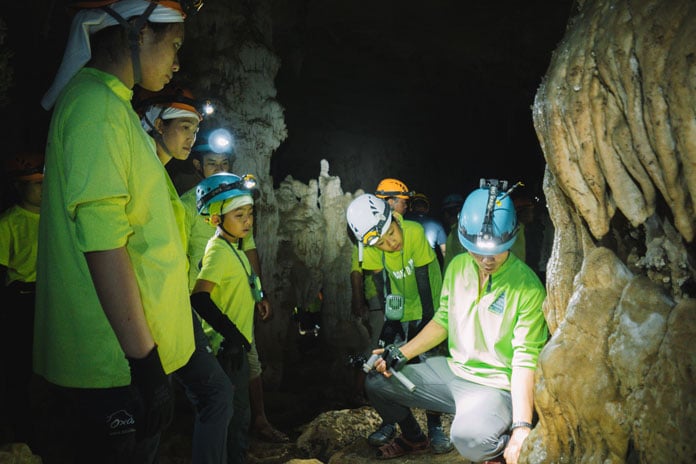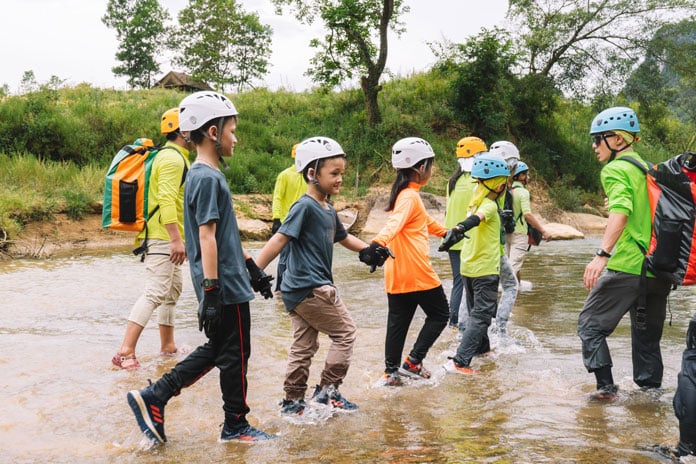Conservation of Son Doong Cave
Son Doong Cave has immense value in terms of geology, geomorphology, biology, and tourism. It is a unique and rare destination in the world, home to many valuable natural heritage values. Therefore, the conservation of Son Doong Cave is extremely important. However, if it is not exploited and managed properly, Son Doong Cave will face challenges that threaten the environment and ecosystem inside the cave. In this context, sustainable tourism plays an important role as an effective solution, based on the principle of conservation and balanced development between economy, society, and environment.
Let's explore the amazing beauty of Son Doong Cave and learn about the role of sustainable tourism in conserving this world natural heritage through the article "Conservation of Son Doong Cave". In addition, we will also be able to admire the stunning footage of Son Doong Cave in the BBC's Planet Earth III filming project.
Challenges and Efforts in Preserving Son Doong Cave
From the government's perspective
The Vietnamese government recognizes the importance of Son Doong Cave and has implemented various policies and regulations to preserve it. These measures include Decision No. 2128/QD-TTg by the Prime Minister, which approves the overall development plan for Phong Nha-Ke Bang National Park, Quang Binh Province until 2030. This plan, approved in 2017, aims to achieve sustainable tourism development in the National Park, specifically for Son Doong Cave. The plan emphasizes strict compliance with regulations to control the number of tourists and continuously monitors the environmental impact of tourism activities. Any necessary adjustments and protection measures are promptly implemented. Additionally, cave exploration tourism activities must adhere to all regulations for the conservation of environmental resources.
From the tour operator’s perspective
Oxalis Adventure is the only licensed company organizing tours to explore Son Doong Cave. Throughout its operation, Oxalis Adventure has actively worked to conserve Son Doong Cave, making significant contributions to preserving the value of this magnificent cave. To minimize human impact on the cave, Oxalis Adventure limits the number of cave explorers to 1,000 per year. Additionally, tours are only conducted from January to August. The remaining months are reserved for weather conditions and ecosystem regeneration.
The company has implemented regulations to minimize the cave's impact, including marking separate paths to protect the cave floor and stalactite systems. No permanent infrastructure is built, and all items brought into the forest are taken out. Composting toilets are used to protect surrounding water sources, and regular environmental impact assessments are conducted to promptly address any negative impacts of tourism activities on the cave ecosystem. Visitors are also required to maintain silence to avoid disturbing wildlife such as Chamois, HaTinh langur, 7-color langur, Great Hornbill, and many others in the pristine forest.
Environmentally friendly materials are used for the tours, such as biodegradable nylon bags made from corn starch. Instead of bottled water, water filters imported from the United States are used. All waste is carried out of the forest and properly treated in designated areas.
Oxalis Adventure prioritizes recruiting and training the local community for various positions, including porters, chefs, and safety assistants. This provides locals with a stable source of income without resorting to environmentally harmful activities like hunting or logging. Tourism activities also contribute to forest and environmental conservation, strengthen community connections, and promote the sustainable development of the area.
The Role of Sustainable Tourism in the Conservation of Son Doong Cave
Sustainable tourism plays an important role in the conservation and sustainable development of Son Doong Cave. Instead of being just a recreational activity, sustainable tourism focuses on maintaining a balance between the tourist experience and environmental protection. These measures include: limiting the number of tourists, using environmentally friendly means of transportation, and conducting responsible tourism activities, etc.
Education and Conservation Awareness for visitors
Oxalis Adventure, the official tour operator of Son Doong Cave, has implemented a number of measures to educate and raise awareness of conservation among tourists. Specifically, before the trip, tourists will be briefed on safety and environmental protection regulations. During the trip, if tourists are unable to complete the trip, and do not comply with safety rules, environmental protection rules, tour rules, or the requests of the tour group, they will have to return to Phong Nha and will not be refunded.
Tourists will be supervised by a team of staff including cave experts, tour guides, and safety assistants. At campsites, tourists will be briefed on camp regulations, which will reduce the opportunity to impact the cave environment. When tourists understand the value of the cave, they will be more aware of the need to conserve and preserve the resources within the cave. Tourists will not litter, disturb the ecosystem, etc. This will help to reduce the negative impacts of tourism activities on the cave.
Creating Sustainable Income for the Local Community
Sustainable tourism also creates economic benefits for local communities. As tourism develops, local communities benefit from job creation, increased income, and improved living standards. In the case of Son Doong Cave, tourism has created hundreds of jobs for 125 local people, with an average monthly income of around 6 to 8 million VND for the entire 8 months of tourism exploitation, helping to promote economic development in the surrounding areas. When local communities have a stable source of income, they will not need to exploit natural resources in a haphazard manner. Instead, they will be aware of the need to protect the environment and natural resources in order to develop sustainable tourism.
Management and Limitation of Visitor Numbers
Limiting the number of visitors helps minimize the negative impacts of tourism activities on the cave environment. Currently, only 1,000 visitors per year are allowed to participate in the Son Doong Expedition tour. By limiting the number of visitors, the cave remains preserved, and the natural and cultural values are maintained.
In addition, managing and limiting the number of visitors ensures the safety of tourists. Son Doong Cave is a large cave with challenging and treacherous sections. By managing and limiting the number of visitors, tourists can explore the cave safely.
Improving the Tour Process
Oxalis has been constantly improving its tourism processes to ensure the role of sustainable tourism in the conservation of Son Doong Cave. Oxalis regularly collaborates with authorities to monitor the ecosystem and ensure compliance with the Son Doong Cave conservation regulations. These activities are aimed at promptly detecting and addressing problems to ensure the sustainability of the cave.
In addition, in its sustainable tourism development strategy, Oxalis not only focuses on safety in adventure tours but also pays special attention to environmental protection and community development. Oxalis tours are designed for small groups, which helps to limit the impact on the cave environment. Tours use reusable water bottles and water filters, and no bottled water is used. Composting toilets are used at campsites. Oxalis also uses gas for cooking, and coal is brought in from outside and only burnt from plant-based coal.
Therefore, through the improvement of tourism processes, the enhancement of conservation awareness, and the creation of a sustainable source of income for local communities, sustainable tourism has affirmed its important role in the journey to conserve Son Doong Cave. Small actions from each tourist and the commitment of businesses like Oxalis not only help to maintain the integrity of a natural heritage but also open the door to a sustainable future where tourism and the conservation of the natural environment are in balance.
The Oxalis Experience.
Whether you prefer long treks, camping in a cave, sleeping under the stars in the jungle, swimming underground in river caves, explore the huge dry caves or just taking an exploratory day trip, Oxalis Adventure Tours can provide the right amount of adventure just for you.



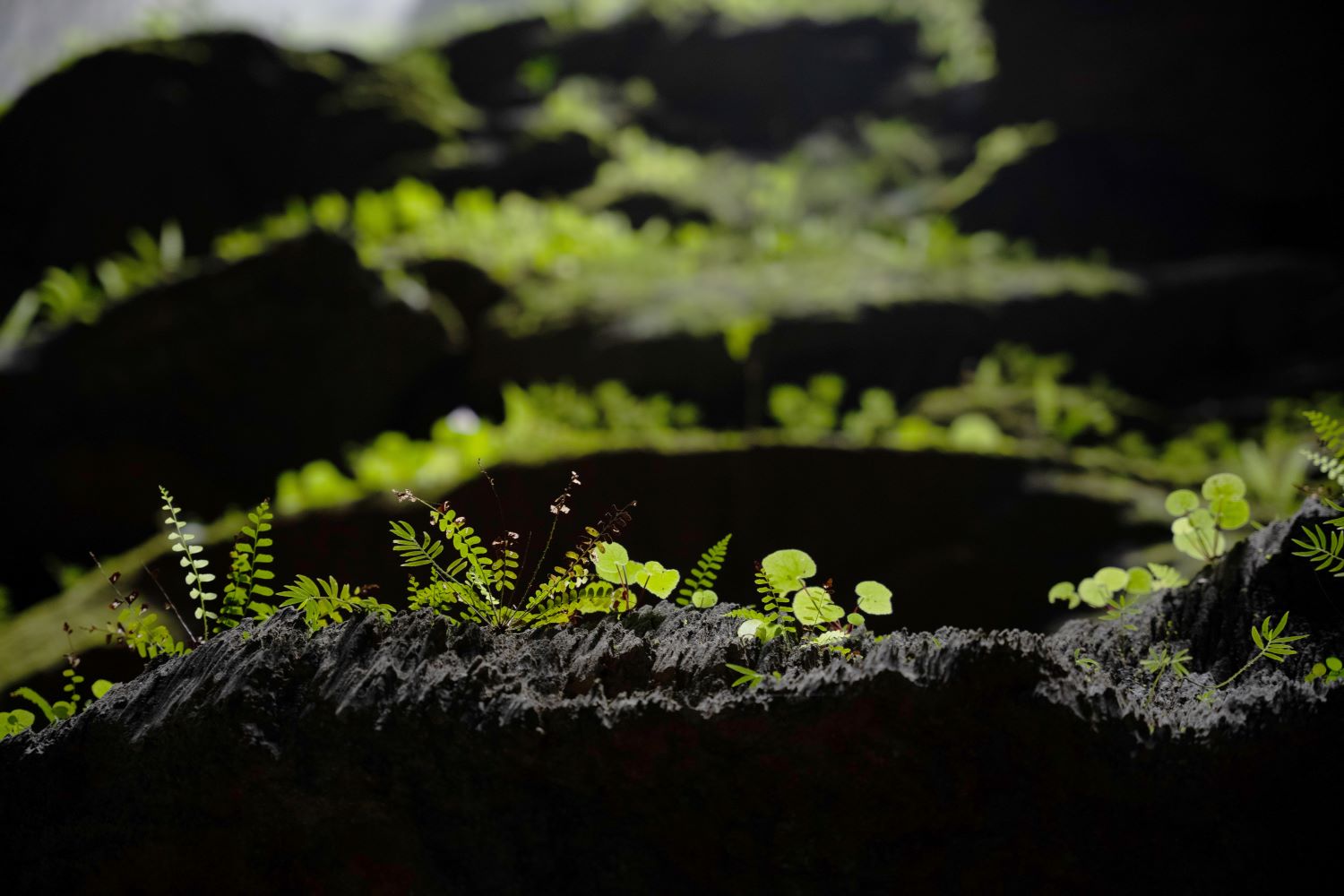
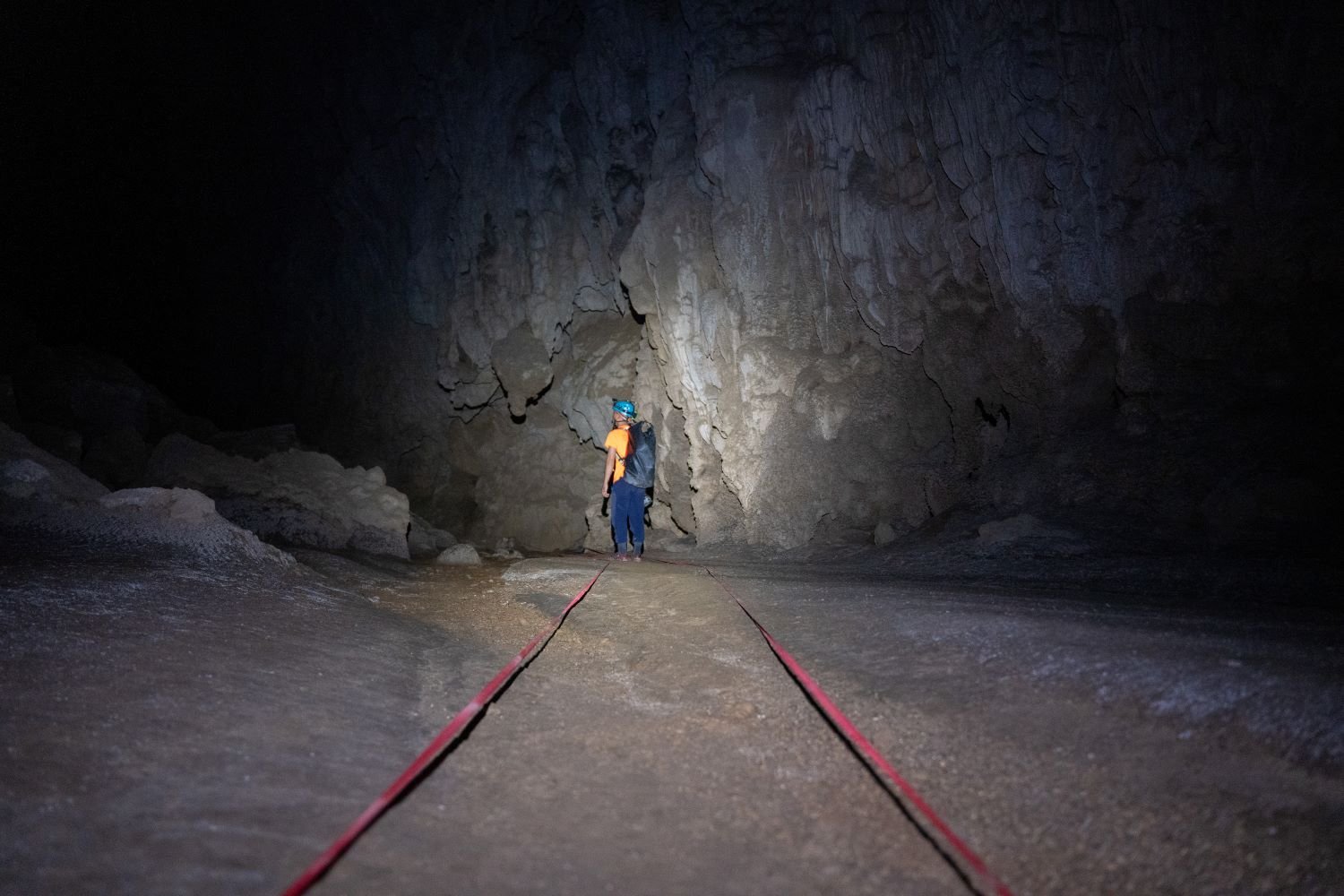
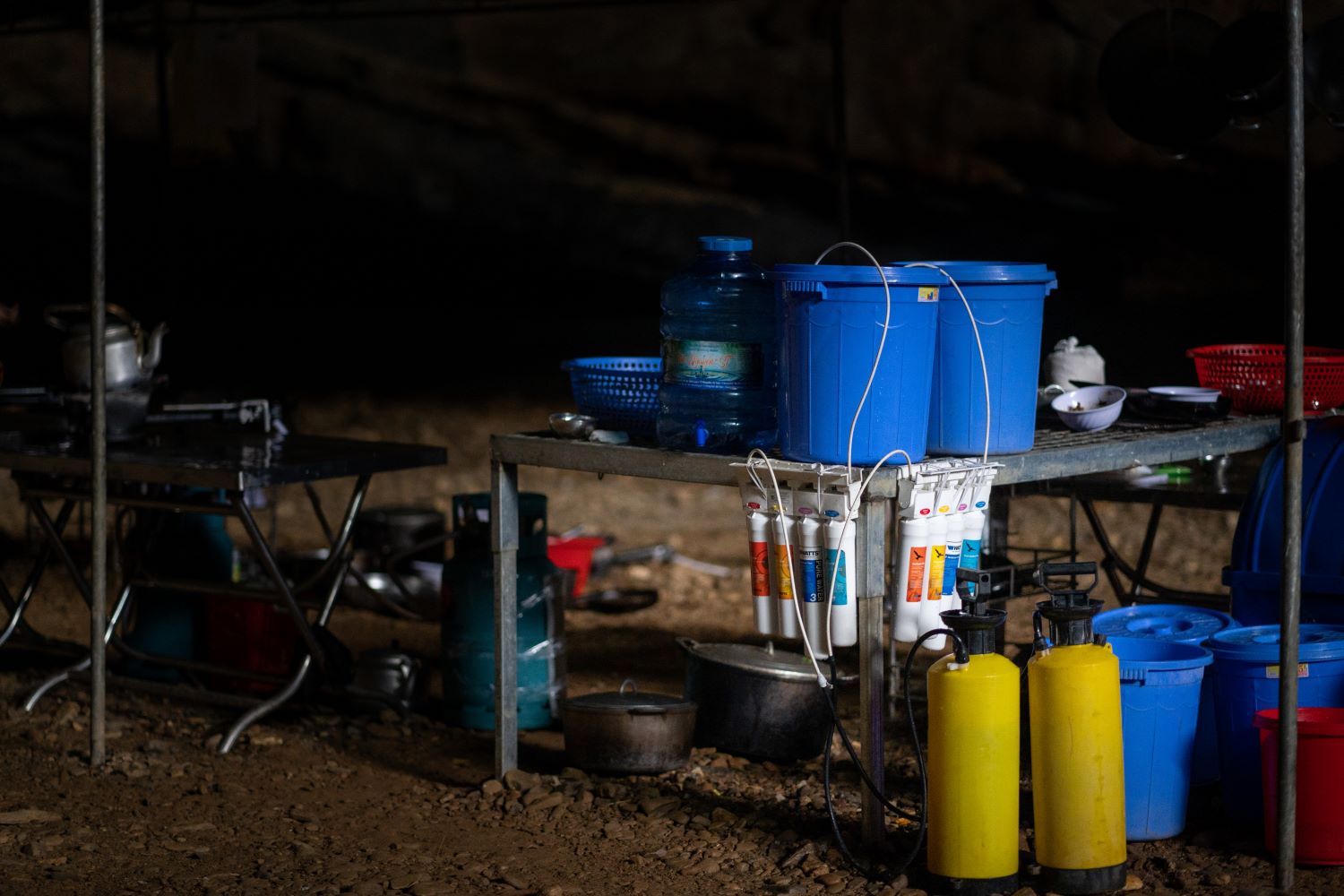
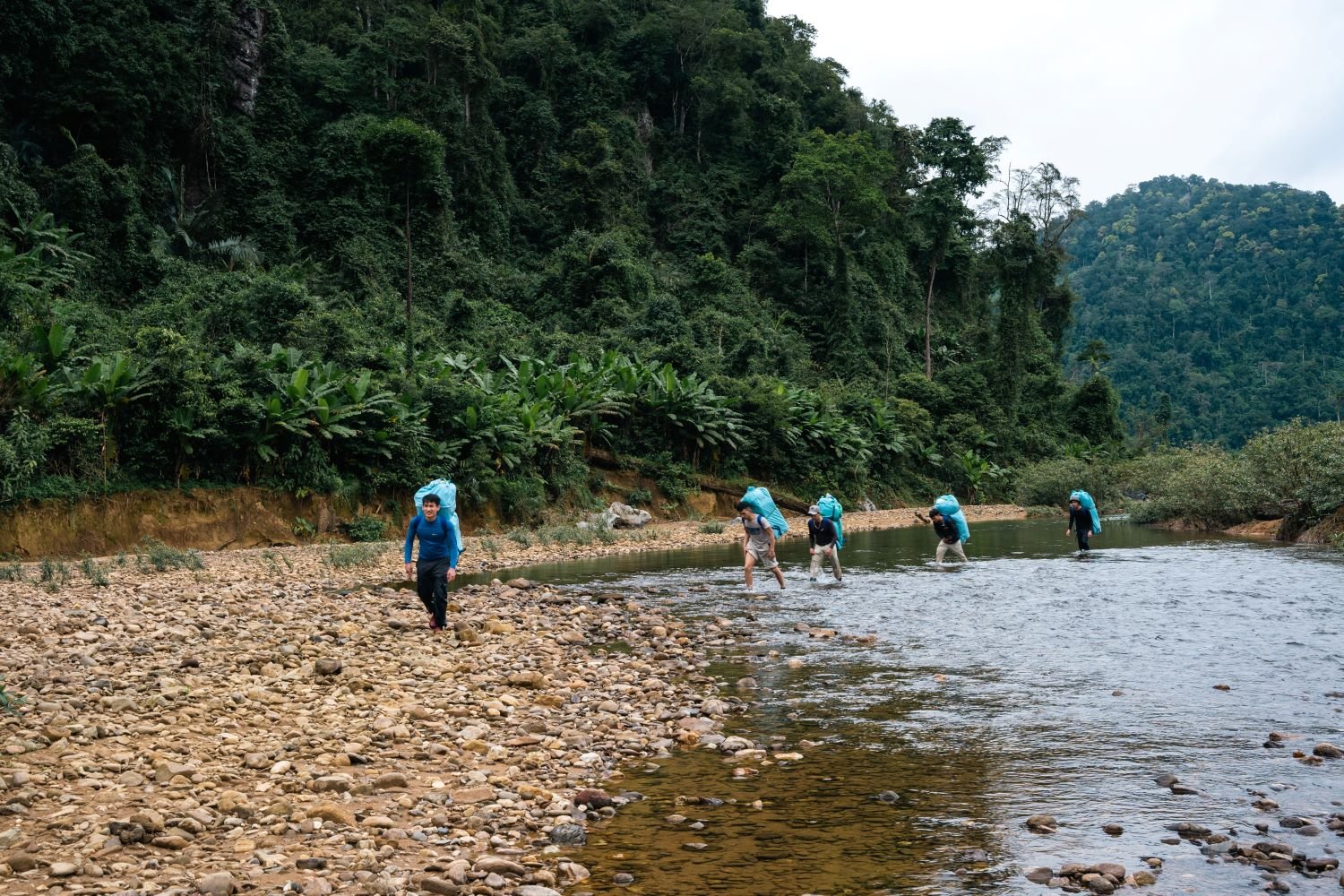
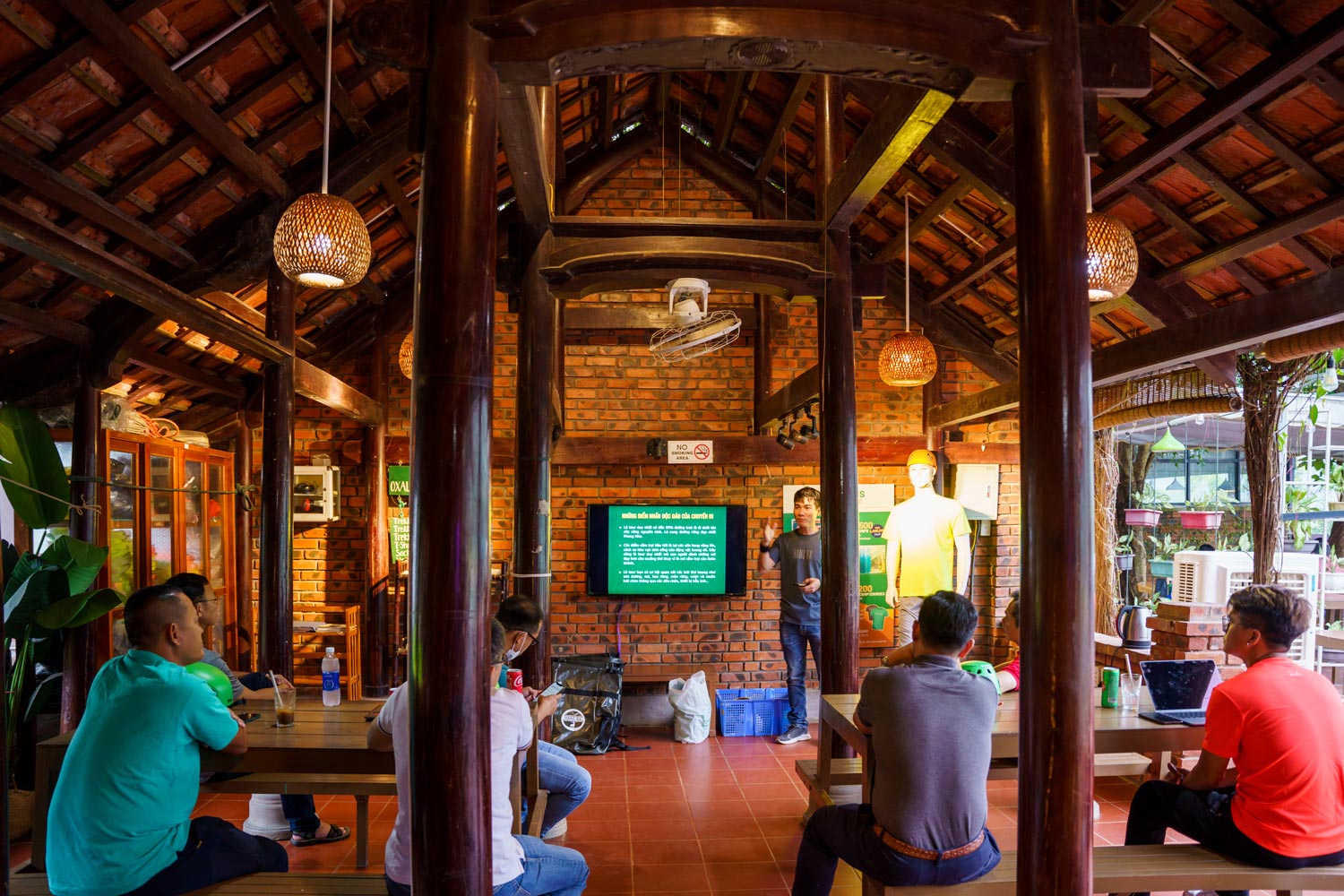
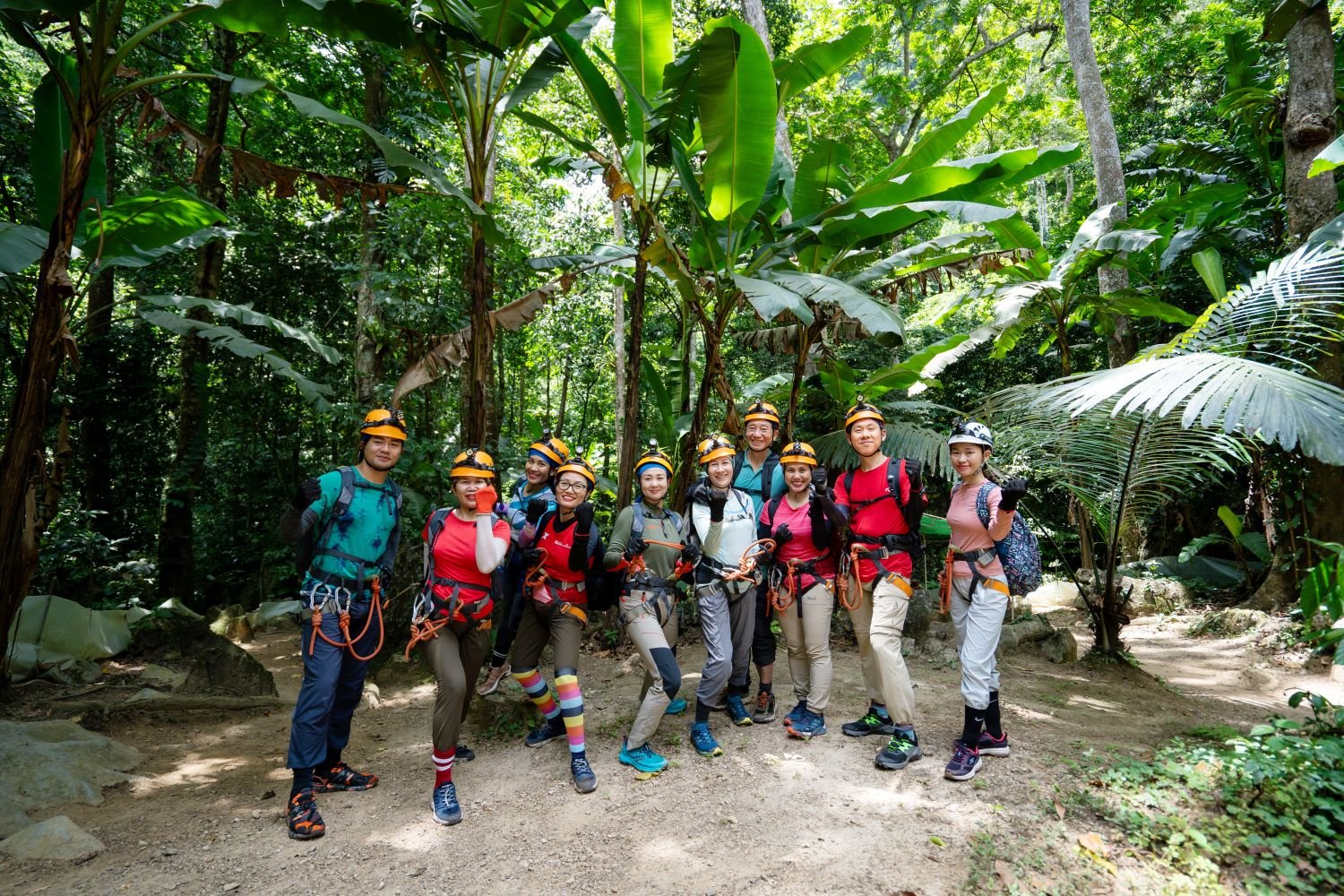
__637051765075307793.jpg)
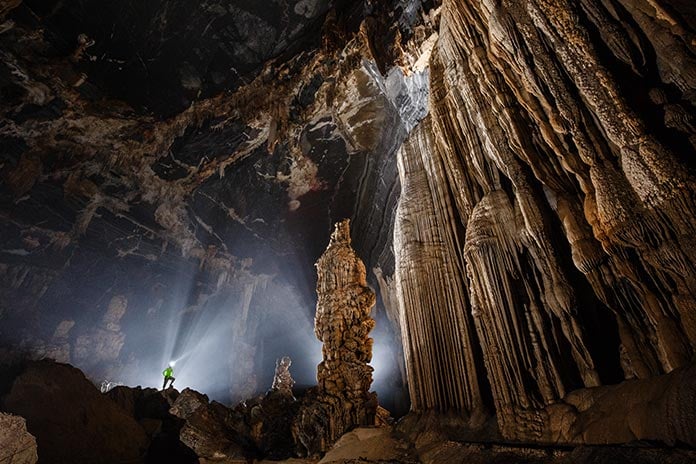
__637051782550081035.jpg)
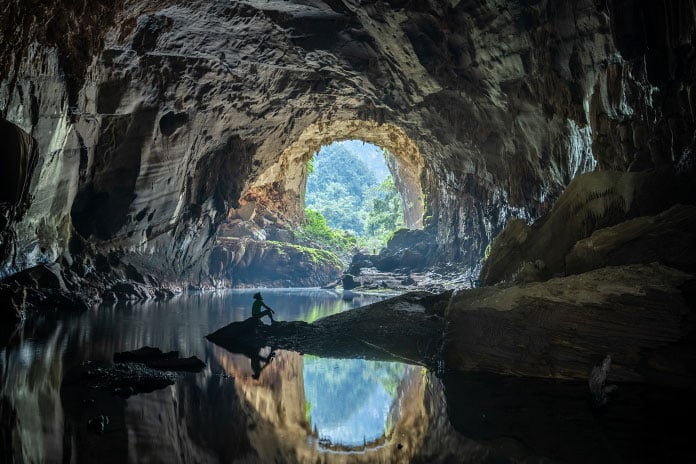
__637051777074859032.jpg)
__637051780703588520.jpg)
__637051781488596056.jpg)
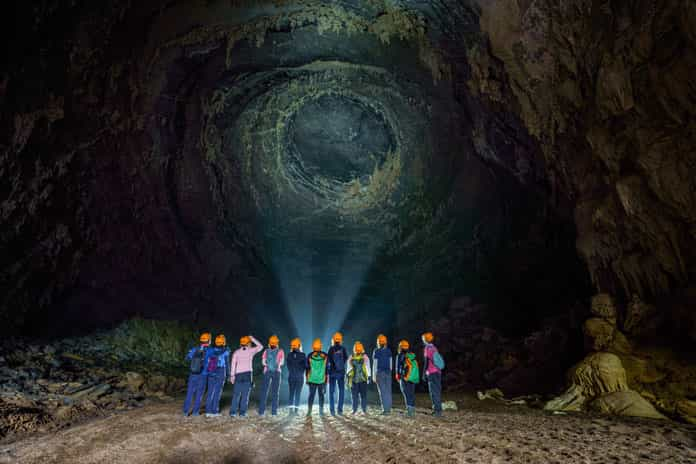
__637051767008903435.jpg)
__637051774329206026.jpg)
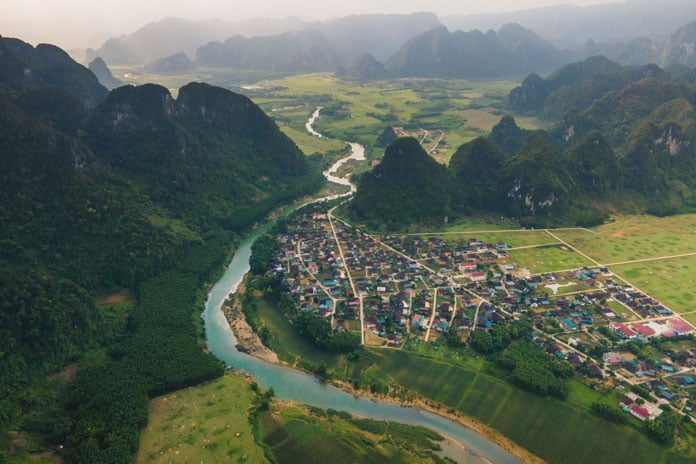
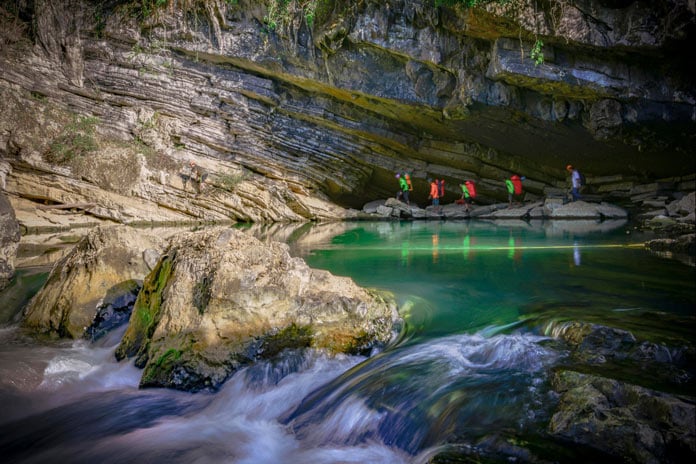
__637740499994967442.jpg)
